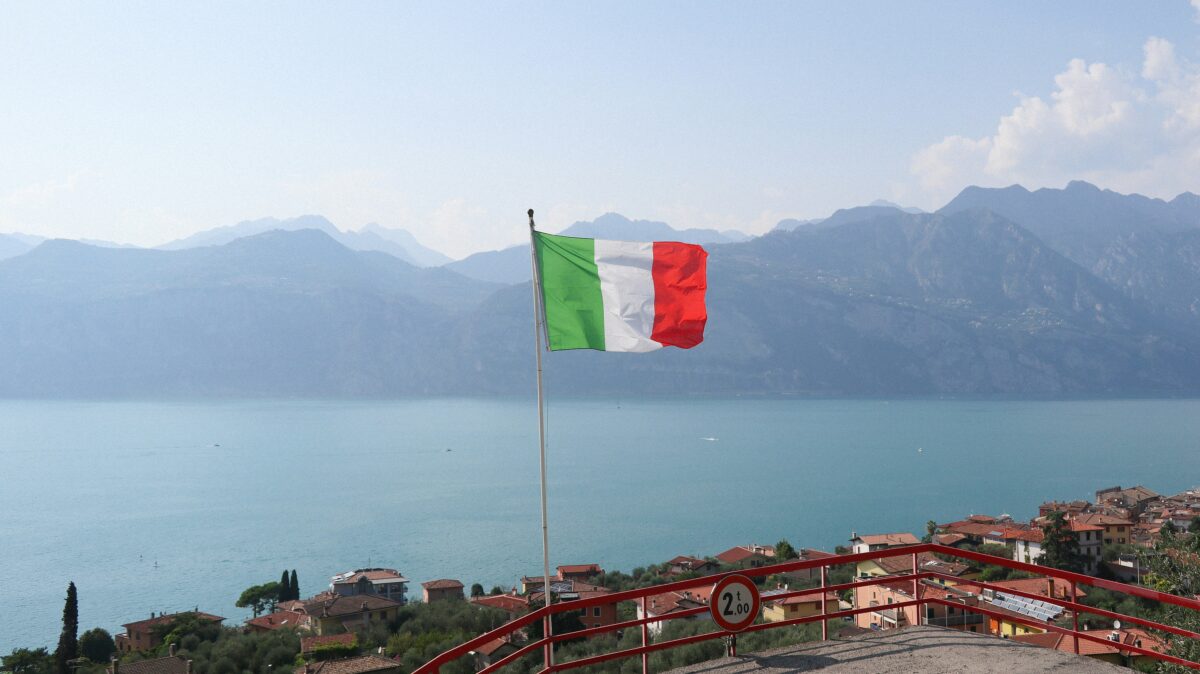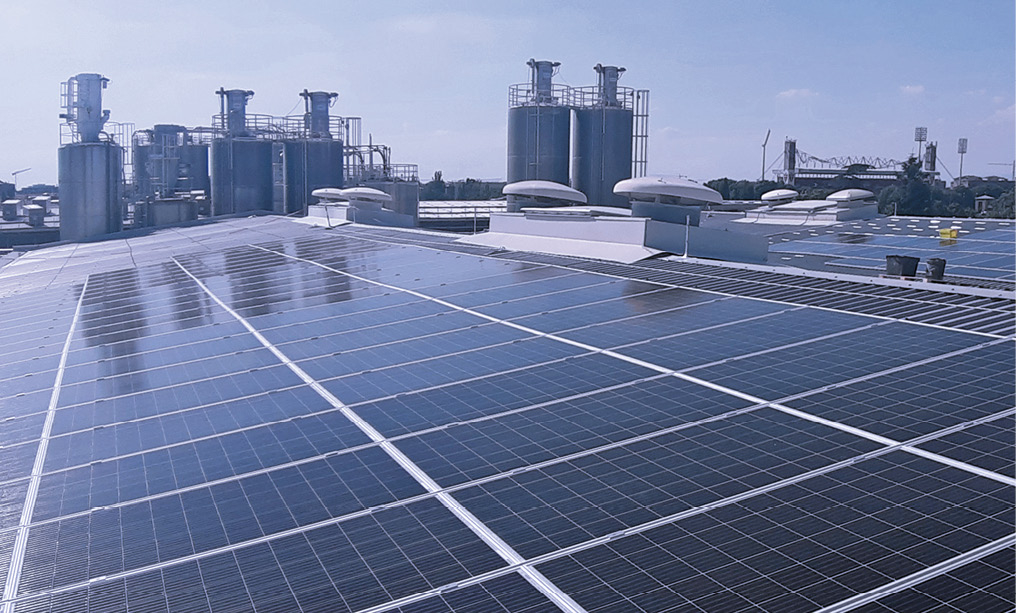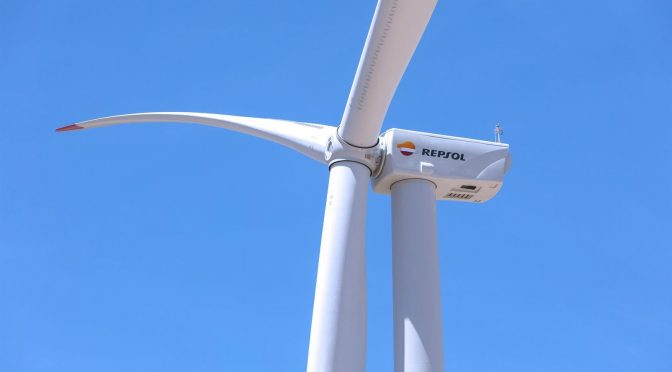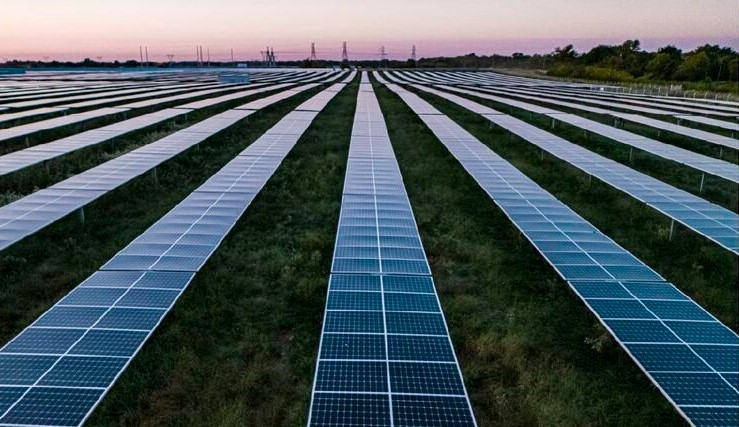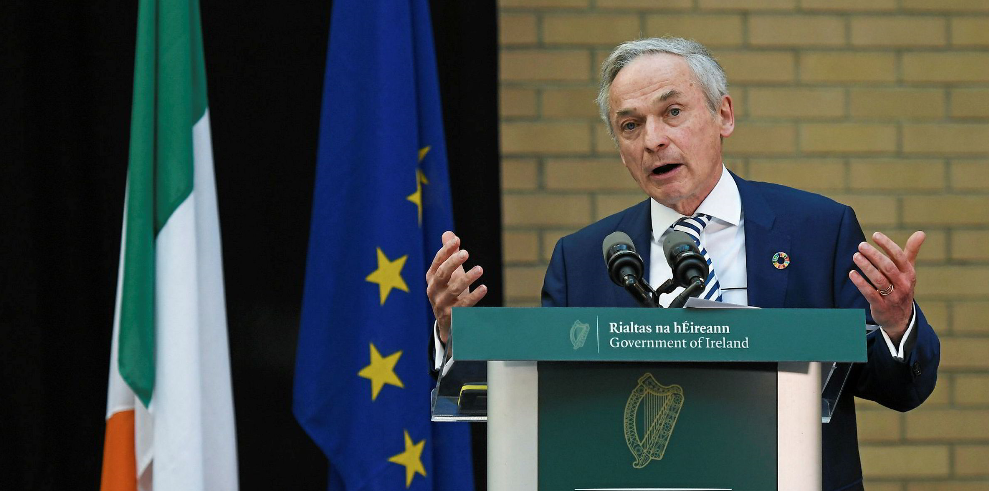 Ireland has published the details of its long-awaited Renewable Electricity Support Scheme (RESS) this week, finally unveiling details around how the country will look to increase its share of renewable energy capacity to 70% by 2030.
Ireland has published the details of its long-awaited Renewable Electricity Support Scheme (RESS) this week, finally unveiling details around how the country will look to increase its share of renewable energy capacity to 70% by 2030.
Ireland’s Minister for Communications, Climate Action and Environment, Richard Bruton, made the announcement on Monday, revealing details of the first RESS auction which has received Government approval.
The RESS follows on from Ireland’s Climate Action Plan, published in June, and sets out a pathway across every sector which will move the country to 70% renewable electricity by 2030.
“Ireland is currently 86% reliant on fossil fuel. We must radically reduce this dependence and make the transition to cleaner, more renewable energy,” said Minister Bruton.
“We are exiting from peat and coal to generate electricity and moving to clean, renewable sources of power, like wind and solar. The Renewable Energy Support Scheme is a flagship Government policy designed to deliver on our commitments to decarbonise our electricity grid, harness our natural resources and bring renewable energy into the heart of our communities.
“Today, I am announcing the details of the first auction under the Scheme. Installed wind capacity has grown by 50% since 2015. This auction could see capacity grow further by 30% in the next three years, with solar and community participation. This is the equivalent of powering up to 640,000 homes every day and will have a significant impact on delivering what we set out in the Climate Action Plan.”
The plan currently will see four (possibly five) auctions held between 2020 and 2027 to deliver on the targets which will open bidding to a variety of technologies.
The first round will seek to procure 1,000 GWh of renewable energy power and will be launched by year’s end or early 2020. This will be followed by the second auction round with 3,000 GWh on offer in 2020, with further auctions scheduled for 2021, 2023, and 2025 to allocate 3,000 GWh, 4,000 GWh, and 2,500 GWh of capacity, respectively.
Current expectations see onshore wind walking away with the majority of Round 1 capacity on offer – with solar accounting for a set 10% through a separate carve-out.
“The Renewable Electricity Support Scheme is critical to the development of renewable energy and to ensuring Ireland can achieve our 2030 target to source 70% of our electricity from renewable sources,” said Dr David Connolly, CEO of the Irish Wind Energy Association.
“Wind energy is leading Ireland’s efforts against climate change and this scheme will enable another generation of wind farms to be built, providing clean electricity to power our homes, farms and businesses while reducing our CO2 emissions.”
However, the IWEA also warned that momentum is vital. “Ireland is already far behind on cutting our CO2 emissions and we are looking at a gap of 18 months between the completion of the last wind farms under the old REFIT support scheme and the connection of new projects under the RESS,” said Connolly.
“Anything the Government can do to get RESS up and running more quickly will save time, money and CO2 emissions.”
Nevertheless, the capacity on offer is currently expected to be delivered. Speaking to Greentech Media, the IVEA’s head of communications and public affairs, Justin Moran, expected onshore wind to be able to account for the 3,000 GWh on offer in the first round, and offshore wind to look to the second round.


